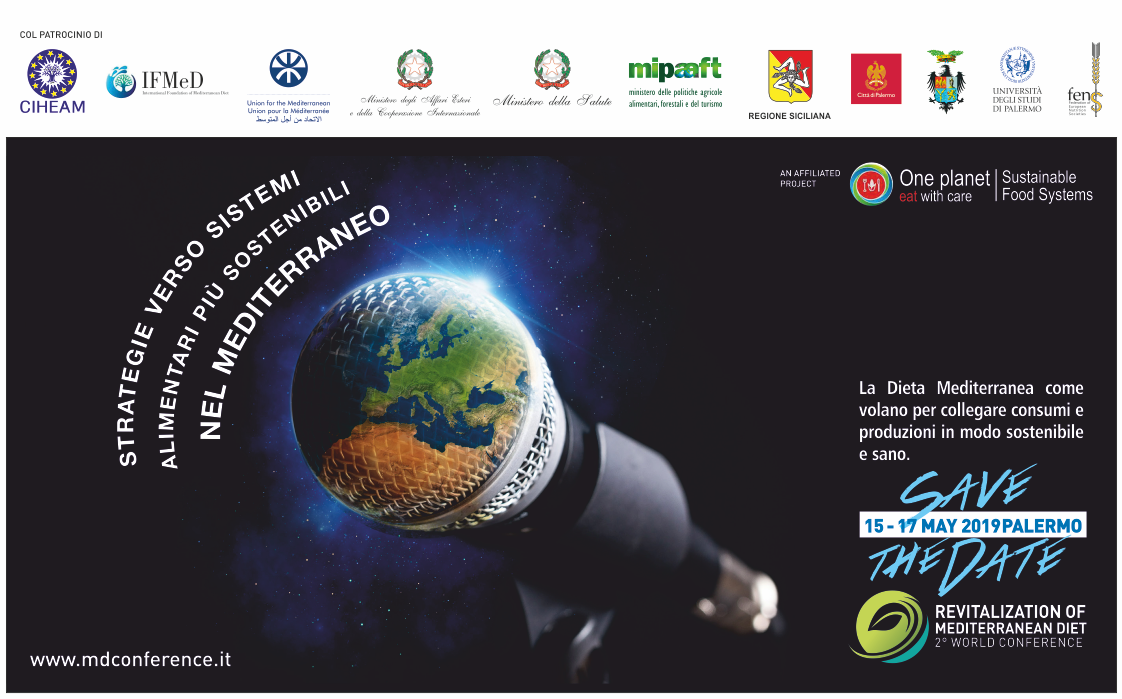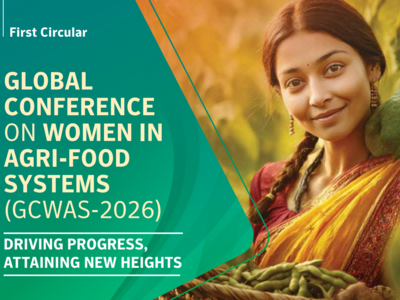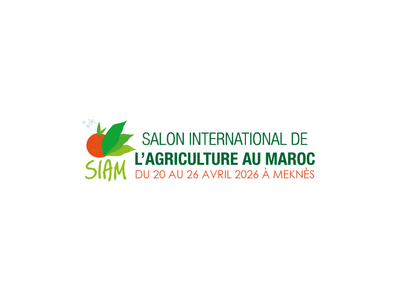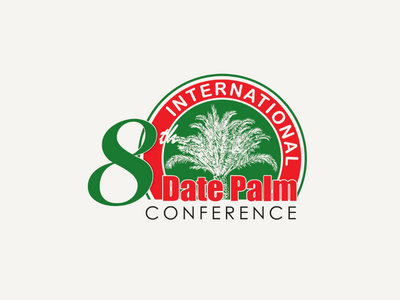Strategies towards more sustainable food systems in the Mediterranean Region
Start Date
May 15, 2019
End Date
May 17, 2019
Type
Conference
Location
Palermo, Italy
15 to 17 May 2019. Palermo, Italy. The 2nd World Conference “Strategies towards more sustainable food systems in the Mediterranean Region: Mediterranean Diet as a Lever for Bridging Consumption and Production, in a Sustainable and Healthy Way”.
Organised by CIHEAM Bari and by the Forum of the Mediterranean Food Cultures in collaboration with more than 20 partners, this world conference was hosted under the auspices of CIHEAM, the International Foundation of Mediterranean Diet (IFMeD), the Union for the Mediterranean (UfM) , the Italian Ministry of Foreign Affairs and the International Cooperation, the Region of Sicily, the City of Palermo, and the European Federation of Nutrition Societies.
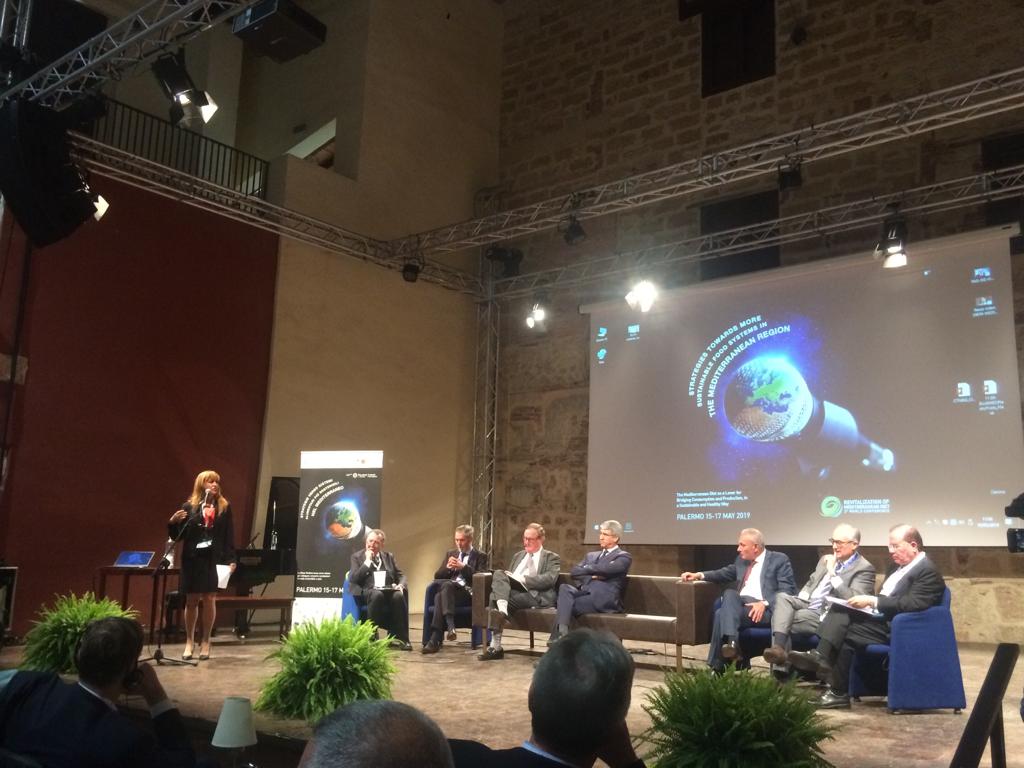
This high-level meeting identified strategies, programs and actions, able to provide solutions for more sustainable Mediterranean food systems, by bridging sustainable food consumption and production through the Mediterranean diet.
PARALLEL SESSIONS
Organised by CIHEAM Bari and by the Forum of the Mediterranean Food Cultures in collaboration with more than 20 partners, this world conference was hosted under the auspices of CIHEAM, the International Foundation of Mediterranean Diet (IFMeD), the Union for the Mediterranean (UfM) , the Italian Ministry of Foreign Affairs and the International Cooperation, the Region of Sicily, the City of Palermo, and the European Federation of Nutrition Societies.

This high-level meeting identified strategies, programs and actions, able to provide solutions for more sustainable Mediterranean food systems, by bridging sustainable food consumption and production through the Mediterranean diet.
- Extract of the programme
- Download the brochure of the event (Scope and objectives, expected outcomes, programme, partners)
PARALLEL SESSIONS
- SESSION 5 Solutions for coping with Youth Migrations
- SESSION 7 Solutions for Coping with impacts of Water Scarcity, Land Degradation and Climate Change on Mediterranean Food Systems
Benchmarking Innovations for Sustainable Agri-food systems under climate change in the Mediterranean Region: what do ICARDA and the CGIAR have to offer? - Jacques Wery, Deputy Director- General for Research, ICARDA
Agricultural and food systems in the Mediterranean region face complex challenges including water scarcity, rainfall variability, increased temperatures, land degradation, desertification, high population growth and migration, widespread poverty, malnutrition and unemployment. This region is expected to be among those worst affected by climate change, further exacerbating the existing situation, resulting in reduced agricultural productivity, increased poverty, higher dependence on food imports, and increased competition for scarce natural resources. These constraints also present opportunities that must be analysed and scaled in the frame of the diverse range of agro-ecosystems: rainfed, irrigated, agro-pastoral and desert farming.
Throughout ICARDA’s more than 40 years of research-for-development in the region, with its NARS partners, it is clear that there is a large, diverse and underutilized basket of proven technologies (on crops, livestock, soil, water, energy, food technology, etc) which can address one or several of the issues, provided they are leveraged by appropriate institutions, and support policy transformation and markets in a food system approach. A typical example is the case of food legumes (chickpea, faba bean, lentils) – marginalized in agricultural and food systems globally over the past decades despite their potential role in a One Health Approach from soil to biodiversity and human needs.
To leverage impact and identify solutions, we need to recognize and capitalize on: (i) the diversity of agro-ecological systems across the Mediterranean region; (ii) the role of crop diversity for sustainable food systems; (iii) the role of small ruminants in nutritional and economic resilience to climate change and variability; (iv) the systemic nature of innovation to address sustainability in the Nexus Nutrition-Water-Employment-Natural resources; and (v) the potential for regional collaboration across the Mediterranean Basin. The DryArc Interface, as a collective effort of CGIAR centers, supports this Collective Intelligence in the Mediterranean region for sustainable innovation in the agri-food systems.
- SESSION 8 The Diversity of Mediterranean Food Cultures and Culinary Systems
- SESSION 10 The Challenge of Organic Food Systems Linking Sustainable Production and Consumption in the Mediterranean
- SESSION 13 Sustainable Agriculture, Agro-Ecology and Sustainable Food Value Chains Development in the Mediterranean Region
- SESSION 14 Research and Innovation as Driving Forces for the Shift Towards More Sustainable Food Systems in the Mediterranean
- SESSION 18 Fostering Engagement and Partnership Towards a Multi-stakeholder Sustainable Food Systems Platform in the Mediterranean, within the United Nations One Planet Network, for Achieving the 2030 Agenda’s SDGs
- SIDE EVENT 1 Networking Euro Mediterranean Countries for Sustainable Food Consumption and Production Strategies using the Mediterranean Diet for the Prevention of Noncommunicable Diseases

